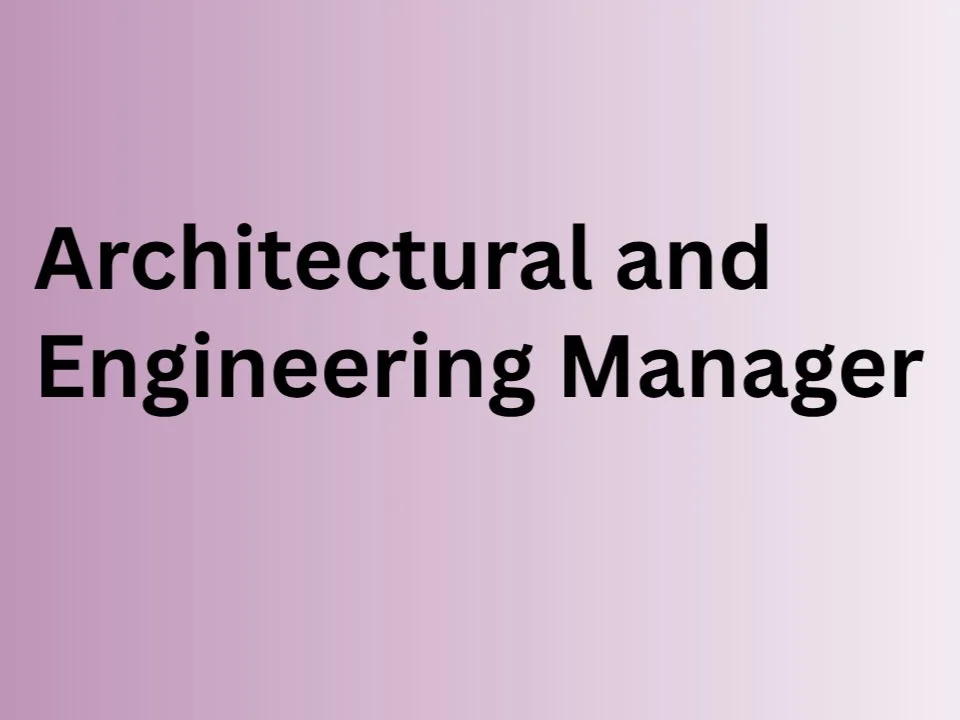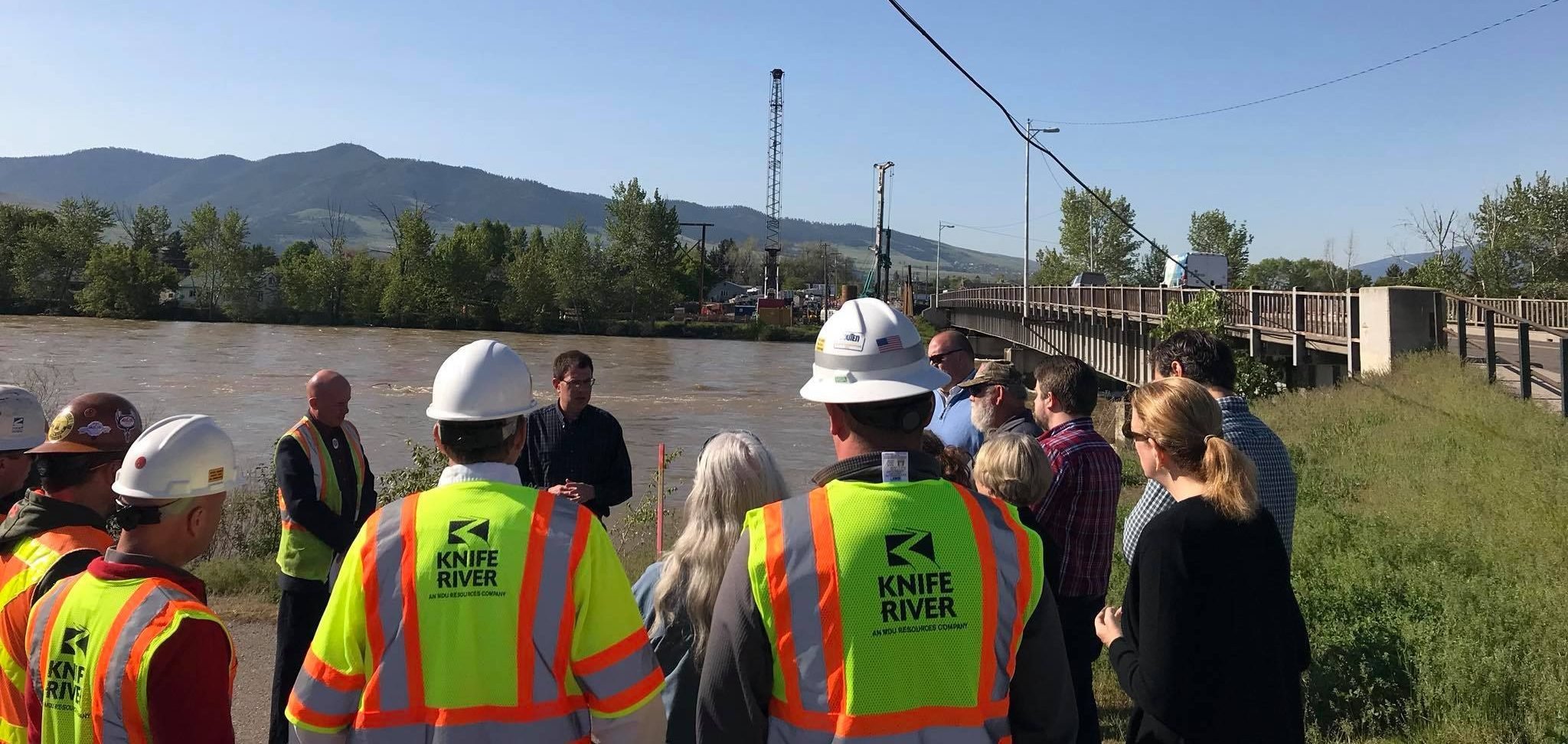
Construction Career Pathways
Table of Contents
Architecture:
Architects design the overall look of houses, buildings, and other structures. They must ensure that the final product is both attractive and functional.
Civil Engineering:
Civil engineering involves the design, planning, construction, and maintenance of public infrastructure such as roads, railroads, bridges, airports, dams, and water treatment systems.
Construction Technology:
Construction technology (sometimes called con-tech) includes the use of software, tools, machinery, sensors, robotics, drones, laser scanning, 3D printing, prefabrication, and more on construction job sites.
Green tech refers to a type of technology that is considered environmentally friendly based on its production process or its supply chain. Green tech—an abbreviation of "green technology"—can also refer to clean energy production, the use of alternative fuels, and technologies that are less harmful to the environment than fossil fuels.
Construction career pathways involve the planning, creation, and maintenance of residential, commercial, and industrial buildings or structures.
Visit our construction education/training page to see a comprehensive list of Montana construction training programs.

Education:
A bachelor’s degree in architecture, engineering, or similar field of study is usually required for design jobs. A typical bachelor’s degree program includes courses in architectural history and theory, building design with an emphasis on computer-aided design and drafting (CADD), structures, construction methods, professional practices, math, physical sciences, and liberal arts.
High-Growth Jobs:
Emerging high-growth roles in architecture include architect, architectural and civil drafter, architectural and engineering manager, and interior designer. Read on to learn more about these rapidly growing careers.
Architecture

Suggested Montana Careers
-

Median MT Salary: $53,000
MT Growth Rate: 18%
-

Median MT Salary: $68,000
MT Growth Rate: 12%
-

Median MT Salary: $82,670
MT Growth Rate: 18%
-

Median MT Salary: $128,680
MT Growth Rate: 17%

Core Skills
Technical Skills
Ability to read blueprints, sketches, and designs
Analytical or scientific software like Minitab
Computer-aided design (CAD) software for developing materials and products
Photo editing tools like Adobe Photoshop and Canva
Project management software like Microsoft Project
Query languages like SQL to work with databases
Spreadsheet software like Microsoft Excel
Strong math skills
Soft Skills
Analytical
Creativity
Detail-oriented
Leadership
Organizational skills
Problem-solving
Time-management

Education:
Civil engineers typically need a bachelor's degree in civil engineering or a related field. Civil engineering programs include coursework in math, physics, engineering mechanics, and construction systems. Courses may include a mix of academic learning and laboratory work. Employers usually prefer to hire graduates of civil engineering programs accredited by ABET. These roles are commonly found at engineering firms, construction companies, energy & utilities providers, and government positions.
High-Growth Jobs:
Emerging high-growth roles in civil engineering include civil engineer, civil engineering technician and transportation engineer. Read on to learn more about these rapidly growing careers.
Civil Engineering

Suggested Montana Careers
-

Median MT Salary: $51,000
MT Growth Rate: 12%
-

Median MT Salary: $80,000
MT Growth Rate: 29%
-

Median MT Salary: $90,000
MT Growth Rate: 25%

Core Skills
Technical Skills
Analytical or scientific software like Minitab
Computer-aided design (CAD) software for developing materials and products
Extensive knowledge of road safety standards, traffic engineering, and environmental regulations
Proficiency in software like ARC GIS for surveillance and PTV VISSIM for simulating traffic scenarios
Project management software like Microsoft Project or Oracle Primavera Enterprise Project Portfolio Management
Query languages like SQL to work with databases
Strong math skills
Writing documentation
Soft Skills
Analytical
Communication
Creativity
Organization
Problem-solving
Teamwork

Education:
Pursuing a career in construction technology has many entry points and does not require a 4-year bachelor’s degree. Many entry-level jobs in the field like construction laborer, highway maintenance worker, or sheet metal worker only require a high school diploma to get started. Apprenticeships for skilled trades like electrician and plumber allow you to earn a good living while scaling the career ladder, and as you move up in education and responsibilities, you can advance into higher-paying positions like construction manager.
High-Growth Jobs:
Emerging high-growth roles in construction technology include broadband technician, construction equipment operator, construction laborer, construction manager, electrician, farm equipment mechanic & service technician, highway maintenance worker, plumber, and sheet metal worker. Read on to learn more about these rapidly growing careers.
Construction Technology

Suggested Montana Careers
-

Median MT Salary: $46,800
MT Growth Rate: 21%
-

Median MT Salary: $48,880
MT Growth Rate: 11%
-

Median MT Salary: $50,490
MT Growth Rate: 23%
-

Median MT Salary: $53,000
MT Growth Rate: 26%
-

Median MT Salary: $57,420
MT Growth Rate: 22%
-

Median MT Salary: $62,610
MT Growth Rate: 30%
-

Median MT Salary: $70,00
Growth Rate: 10% (nationally)
-

Median MT Salary: $74,880
MT Growth Rate: 24%
-

Median MT Salary: $101,480
MT Growth Rate: 18%

Core Skills
Technical Skills
Ability to read blueprints, sketches, and designs
Computer-aided design (CAD) software for developing materials and products
Dexterity and understanding of circuitry, math, mechanics, and various tools
Mechanical knowledge of machines and tools like 3D printing, CNC machining, and operating heavy machinery
Project management software like Microsoft Project
Spreadsheet software like Microsoft Excel
Soft Skills
Comfort with heights
Communication
Decisiveness
Detail-oriented
Knowledge of safety regulations
Leadership
Problem-solving
Teamwork

Green Technology
Education:
A career as a green technology installer or technician does not usually require a bachelor’s degree. Most of the entry-level positions in this field only require a high school diploma or a 2-year associate degree in a field related to science to begin an apprenticeship.
High-Growth Jobs:
Emerging high-growth roles in green technology include green technology installer and solar thermal installer and technician. Read on to learn more about these rapidly growing careers.

Suggested Montana Careers
-

Median MT Salary: $40,000 - $75,000
MT Growth Rate: 24%
-

Median MT Salary: $78,000
MT Growth Rate: 23%

Core Skills
Technical Skills
Ability to read blueprints, sketches, and designs
Computer-aided design (CAD) software for developing materials and products.
Customer relationship management (CRM) software like Salesforce
Dexterity and understanding of circuitry, math, mechanics, and various tools
Project management software like Microsoft Project or Oracle Primavera Enterprise Project Portfolio Management
Spreadsheet software like Microsoft Excel
Soft Skills
Comfort with heights
Communication
Critical-thinking
Decisiveness
Detail-oriented
Knowledge of safety regulations
Teamwork
Do you have a helpful resource you’d like to suggest we add to this guide? Do you have information you are searching for, or other feedback? The Montana High Tech Business Alliance would love to hear from you. Please reach out to us at communications[at]mthightech.org.

